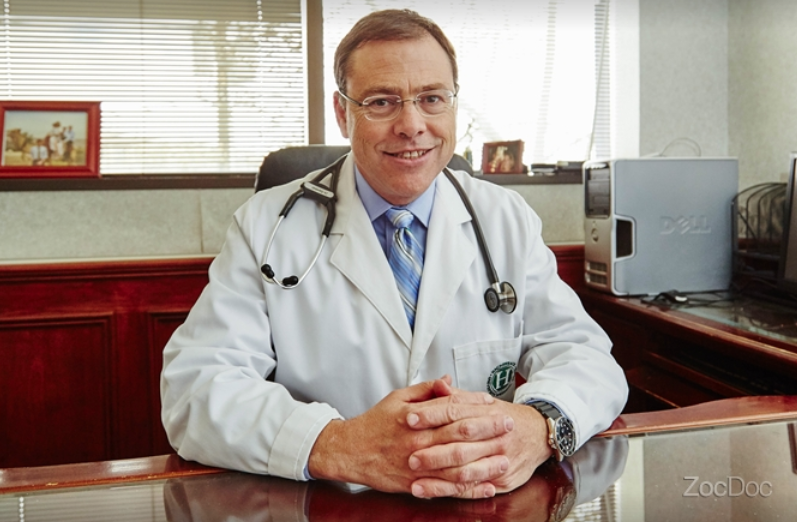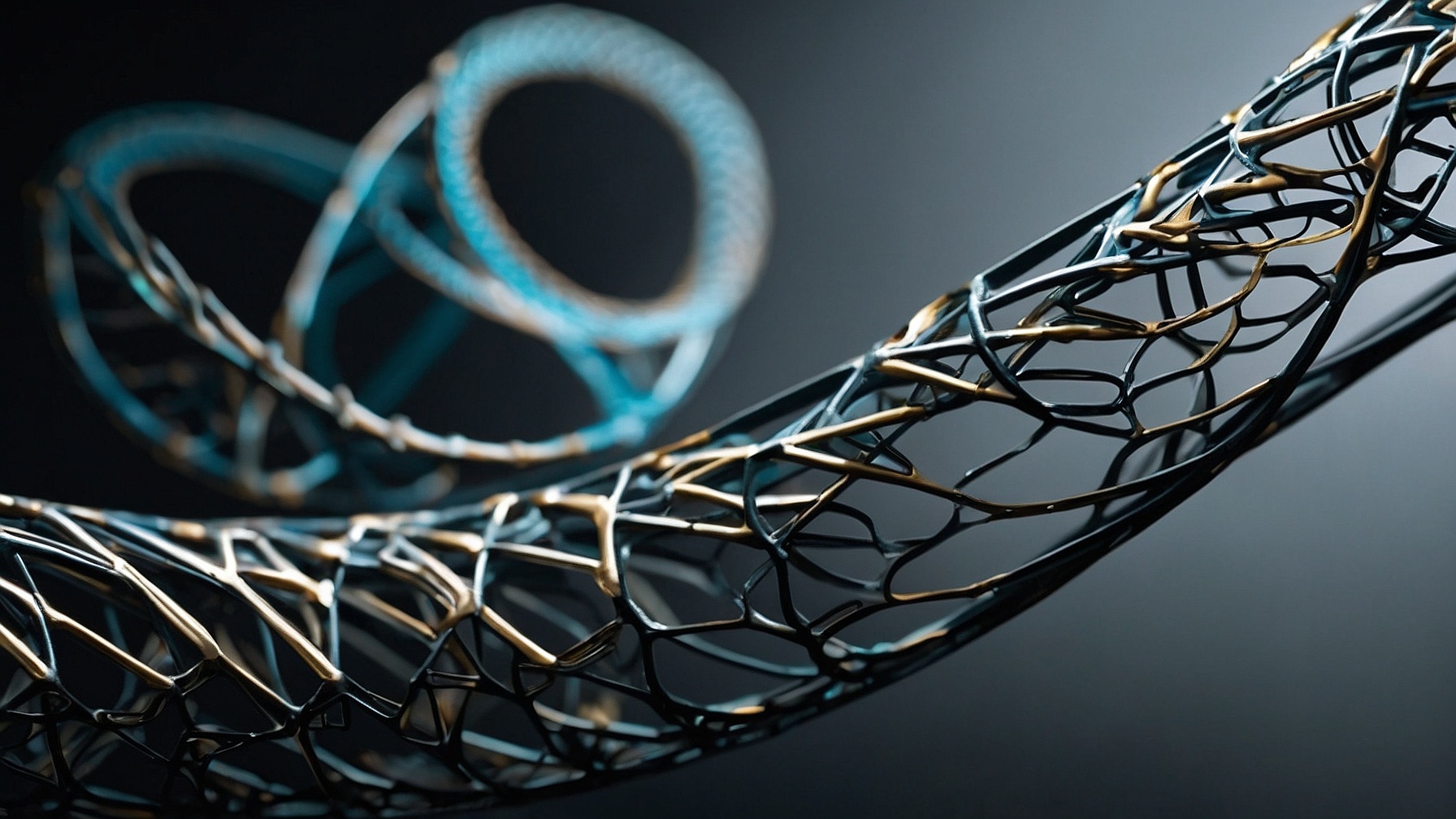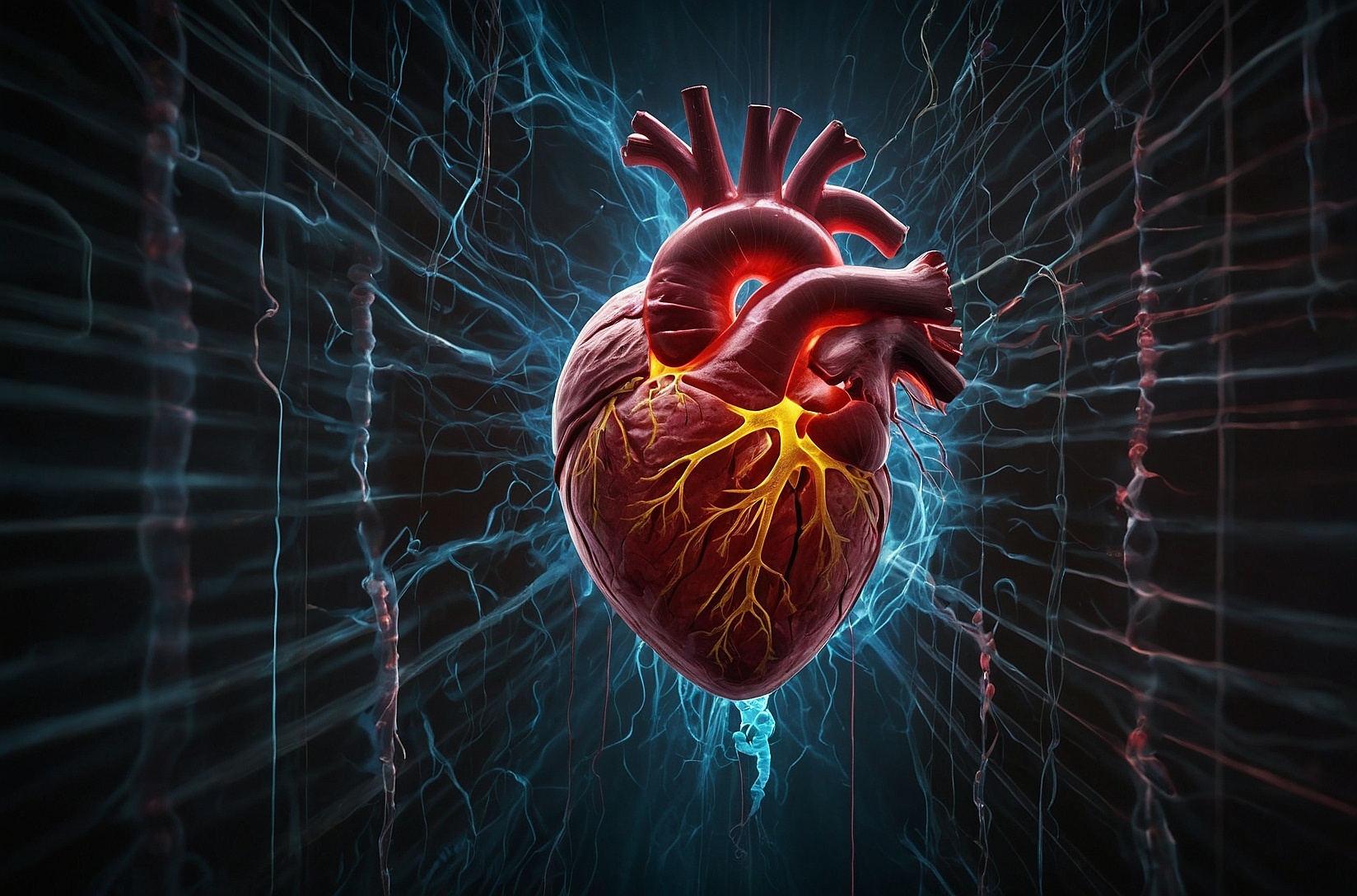At Cross County Cardiology, we’ve always emphasized the importance of taking proactive steps to maintain heart health. While regular check-ups and staying active are crucial, one of the most powerful tools at your disposal is your diet. The saying "you are what you eat" holds particularly true when it comes to your heart. In this article, we delve into the concept of "Food is Medicine," exploring how the right diet can significantly impact your cardiovascular health.
The Heart-Healthy Diet: What It Means
A heart-healthy diet is more than just a fad or a temporary lifestyle change; it’s a long-term commitment to nurturing your heart. This diet focuses on consuming foods that support cardiovascular function, reduce inflammation, and manage cholesterol and blood pressure levels. Here are the core components:
-
Fruits and Vegetables: Packed with essential vitamins, minerals, and antioxidants, fruits and vegetables should form the foundation of your diet. These nutrients help fight inflammation and oxidative stress, both of which can damage your arteries and lead to heart disease.
-
Whole Grains: Whole grains like brown rice, oats, and quinoa are excellent sources of fiber, which helps lower cholesterol levels and improve heart health. These grains also provide sustained energy without causing spikes in blood sugar.
-
Healthy Fats: Not all fats are bad. Omega-3 fatty acids found in fish, flaxseeds, and walnuts are particularly beneficial for heart health. They help reduce inflammation, lower blood pressure, and decrease the risk of heart disease.
-
Lean Proteins: Opt for lean proteins like chicken, turkey, and plant-based options such as beans and lentils. These proteins provide the building blocks for muscle tissue without the added cholesterol and saturated fat found in red meats.
-
Nuts and Seeds: Almonds, walnuts, chia seeds, and flaxseeds are small but mighty when it comes to heart health. They are rich in healthy fats, protein, and fiber, making them an excellent snack or salad topping.
The Dangers of a Poor Diet
Just as certain foods can protect your heart, others can harm it. Diets high in processed foods, sugar, salt, and unhealthy fats can lead to a host of cardiovascular problems, including high blood pressure, high cholesterol, and increased risk of heart attack and stroke. Here’s why:
-
Trans Fats: Often found in fried foods, baked goods, and margarine, trans fats are the worst type of fat for your heart. They increase your LDL (bad) cholesterol and decrease your HDL (good) cholesterol, leading to clogged arteries.
-
Excessive Salt: Too much sodium can raise your blood pressure, making your heart work harder to pump blood. Over time, this can weaken your heart and increase your risk of heart disease.
-
Sugary Beverages and Foods: Sugar contributes to weight gain and increases the risk of developing type 2 diabetes, both of which are risk factors for heart disease. Sugary foods also cause spikes in blood sugar levels, leading to inflammation and damage to your blood vessels.
How to Implement a Heart-Healthy Diet
Making changes to your diet doesn’t have to be overwhelming. Start with small, manageable steps:
-
Increase Your Intake of Fruits and Vegetables: Aim to fill half your plate with these nutrient-dense foods at each meal.
-
Choose Whole Grains Over Refined Grains: Swap out white bread and pasta for whole-grain alternatives.
-
Incorporate Healthy Fats: Add a serving of fatty fish to your weekly meal plan, and snack on nuts instead of chips.
-
Limit Processed Foods: Reduce your consumption of fast food, packaged snacks, and sugary beverages.
-
Read Labels: Be mindful of the ingredients in the foods you buy. Look out for hidden sugars, salts, and unhealthy fats.
The Role of Professional Guidance
While adopting a heart-healthy diet is a powerful way to protect your heart, it’s important to seek professional guidance to ensure you’re meeting all your nutritional needs. At Cross County Cardiology, our team is here to help you develop a personalized nutrition plan that aligns with your health goals. We believe in a holistic approach to heart health, where diet, exercise, and medical care work together to keep your heart strong.
Conclusion
Your diet is a cornerstone of your heart health. By embracing the concept of "Food is Medicine," you can take proactive steps to protect your heart and improve your overall well-being. Remember, the choices you make at the grocery store and in the kitchen have a direct impact on your heart. Make those choices count.
If you’re ready to take control of your heart health through nutrition, schedule a consultation with us at Cross County Cardiology. Together, we can create a plan that keeps your heart healthy for years to come.












